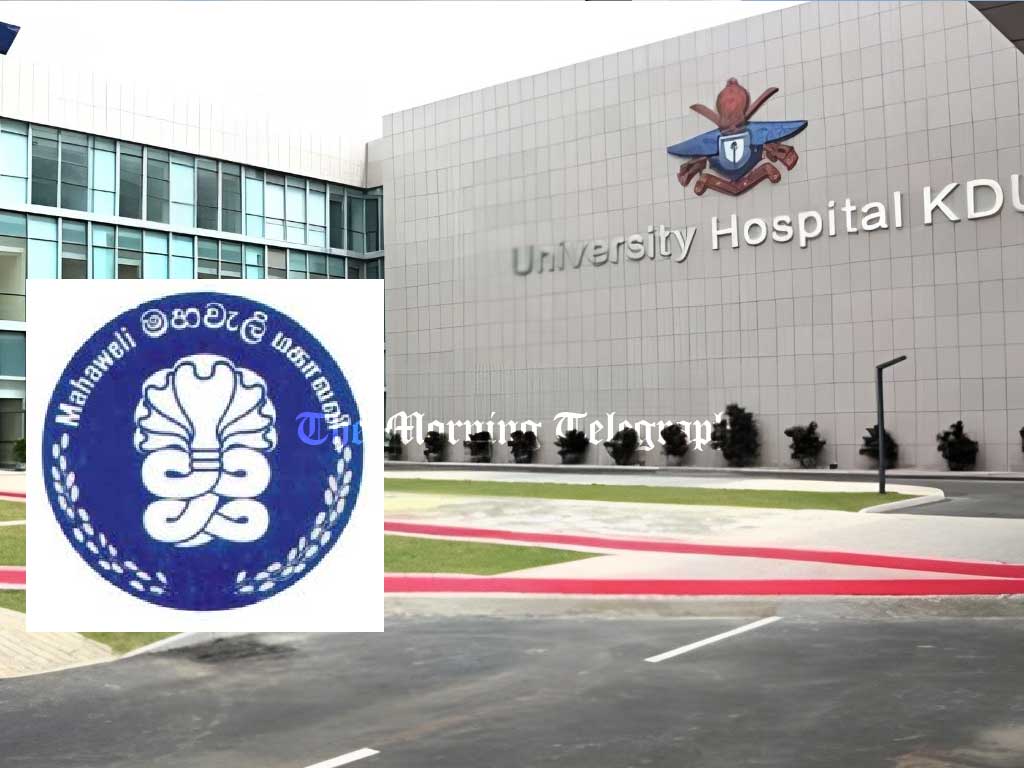
Colombo, March 31 — A high-level government-appointed committee has identified the Sir John Kotelawala Defence University Hospital (KDU Hospital) as a significant financial burden to the treasury, raising concerns about its long-term sustainability.
The committee, tasked with reviewing the performance of 160 state institutions, concluded that KDU Hospital—despite its state-of-the-art facilities—has failed to generate profit and thus poses a strain on government finances. It has recommended that immediate measures be taken to ensure the hospital becomes financially viable.
Established on May 21, 2017, and located in Werahera, the hospital houses 70 ICU/HDU beds, a cardiac catheterization lab, oncology unit, and 20 modular operating theaters, making it one of the most modern health facilities in the country. However, despite these features, it has not met performance or financial benchmarks expected of state-supported institutions.
The report also highlights concerns regarding the management structure of Sri Jayewardenepura Hospital, stating it lacks the operational strength to continue under current conditions. The committee suggests it should be restructured to function on a commercial and profitable model.
In a broader move toward streamlining public sector operations, the committee has recommended the closure of the Sri Lanka Mahaweli Development Authority, citing inefficiency and financial non-viability.
Additionally, a public-private partnership model has been proposed for other key institutions, including the Paddy Marketing Board and the National Film Corporation, in a bid to reduce the burden on the state and encourage operational efficiency.
These findings are expected to inform future government decisions as part of a broader effort to reform the public sector and improve fiscal management.





KDU is a great health care institution at par with any such institution elsewhere. Providing health services is a moral obligation of the State and should not be expected to be a cash cow for the state. It provides university level education and much dedicated curative services. The State haas many more cash hounding institutions which are un rodictive